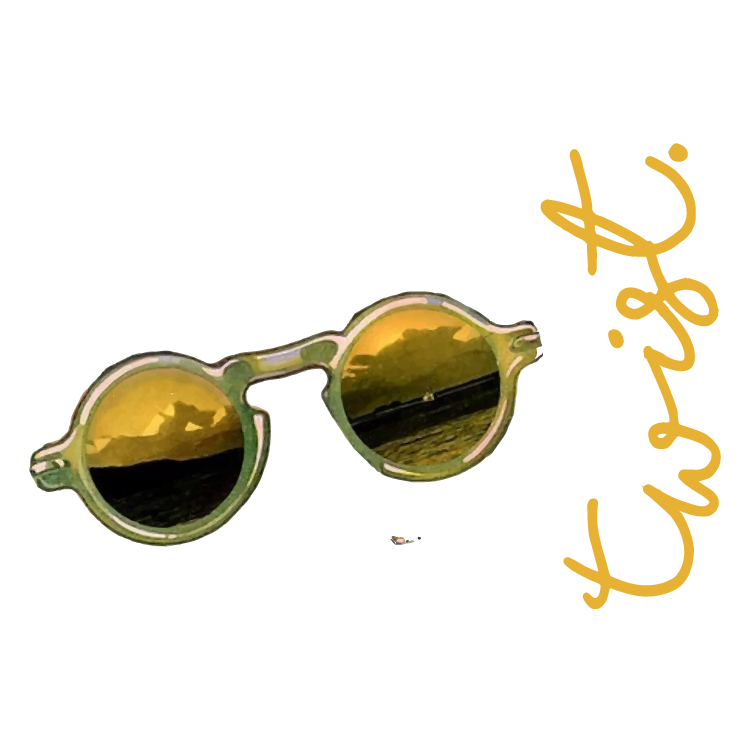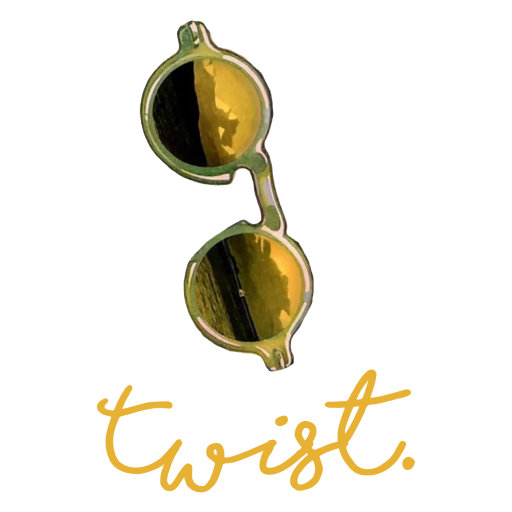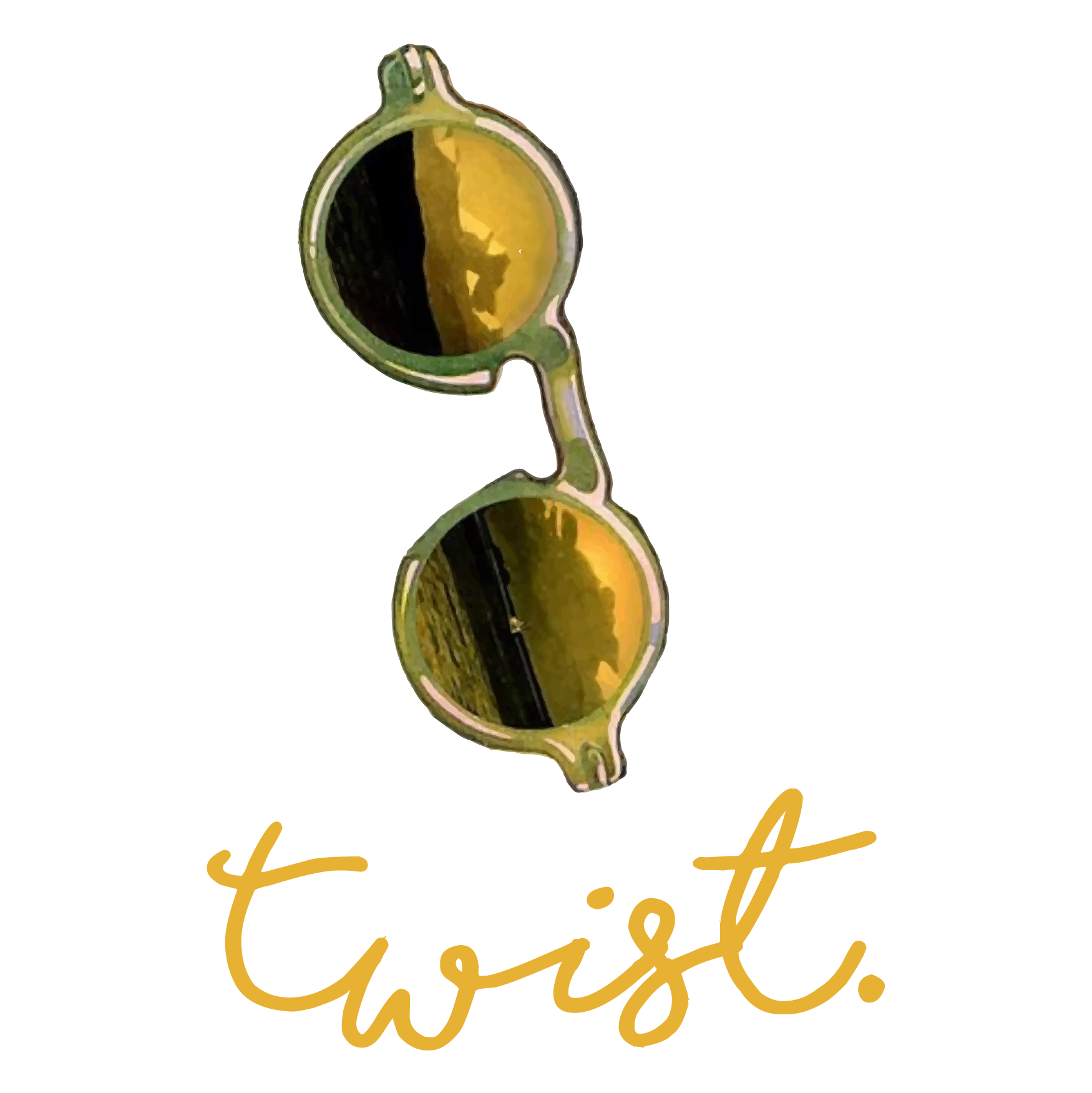Within the last a decade, apps like Tinder, Grindr, Bumble and Hinge posses completely changed the manner by which we see. Can electronic internet dating actually ever really compare to interactions developed offline?
In 2016, I boarded an airplane to Iceland. I happened to be to my method to a first big date with a complete stranger – people We best knew from Tinder and a few Whatsapp calls. Five years before, I might being ashamed, afraid also. I believed careless, certain, but the stigma of encounter people on the web have dropped out among my personal friends, and I experienced anyone I happened to be encounter ended up being really worth the plane tickets. In the end, the connection lasted simply half a year, but We dropped in love, practiced another country and discovered some lives instruction. All in all, no regrets.
About ten years ago, online dating sites was regarded as for those who if not could have hassle encounter individuals. Now, online dating apps include standard. By 2014, Tinder stated one billion swipes each day; while Bumble said it had 26m people and was responsible for 20,000 marriages by 2018. Based on the monetary circumstances, in the united states, to 75 % of heterosexual couples who came across in 2019 did so on the web, while study of the dating website E-Harmony shows that by 2031, 50 percent of all of the British lovers may have satisfied this way.
The latest typical
Emily Witt, writer of Future Intercourse, a novel that explores newer types of admiration and relationships, begun gently making use of online dating sites in 2011. “Back then, your utilized a pseudonym,” she remembers, “and it definitely wouldn’t happen connected with the social networking like some programs is now.” GPS on dating applications had been brand new and primarily connected with Grindr, no less than until the conclusion of 2011, when their heterosexual counterpart Blendr established, followed closely by Tinder in Sep 2012. “The individuals who devised Tinder comprise thinking of the faculty university, in which absolutely this person you find on a regular basis and you should means them you’re also scared to. They developed the thought of a double opt in, in which if you both swipe appropriate, you’ve taken down a barrier. It got rid of worries of humiliation, hence changed every thing.”
Witt recalls exactly how revolutionary it considered whenever matchmaking software “were on your cellphone, you had a photo and put the genuine name”. It thought at the same time invasive and soothing that, on Tinder, your mutual buddies happened to be produced apparent.
Maybe not ‘the one’, nevertheless numerous
Witt’s book examines the present social change into the western, out of the firm idea of locating ‘the one’. She observed how, like women the woman get older, the marriage and toddlers she forecast by 30 got eluded her. Indeed, based on UNITED KINGDOM census information, since 1971, how many folks living by yourself has increased by 10 % together with typical age of relationship has moved from 22.6 for females and 24.6 for males to 30.8 and 32.7 correspondingly. Close designs currently present in the united states.
Relationships apps are part of this move, Witt proposes, since they supply more alternatives, existing shared feel and refute outdated partnership timelines. “This technology lets you access visitors in one stage just like you. It Could Be isolating feelings like the only uncoupled individual, especially when friends begin creating teenagers, but if you enter app land, folks is within the same watercraft.”
Exploring new horizons
Some software exists specifically for the goal of helping consumers check out latest relationship formations, reflecting the increasing fluidity of whom as well as how we date. The app Feeld spots itself for “the open-minded”, ranging from “curious” to “kinky”. Cathy eager, from London, is actually Feeld’s people and happenings management, and uses the software directly. She determines as pansexual possesses experienced an open wedding along with her husband for eight years – they’ve both had more partners, individually, and with each other.
Feeld as well as other software enjoy it, says Cathy, lets you lay out what you are really into upfront, from climbing to threesomes, relationship to SADOMASOCHISM. The same goes for sex and sex; Feeld supplies people significantly more than 20 sex identities and 20 sexuality selection, planning to feel an inclusive space regarding. Meanwhile more apps have sprung up to appeal to a lot more particular communities; J-Swipe for Jewish everyone, Lex for queer females and nonbinary men, Tindog for canine walkers.
Digital internet dating downsides
As legitimate as electronic connections can be, dating apps can advertise a disposable tradition. The fact anyone can keep hidden behind a screen can also render a shield for racism, homophobia and misogyny. In response to this, Grindr has founded the Kindr strategy, to market better actions.
Enthusiastic, acknowledges that, despite their particular convenience, software have chosen to take out the relationship and serendipity of matchmaking. In a day and age where we could order in intercourse, and perchance love, like an Uber Eats delivery, we could feel sluggish about generating real life connections. “It’s important that programs continue to be proactive in aiding users attain their unique goal of making authentic IRL connections,” she claims. “There is nothing that will compare.” This is exactly why, software like Feeld, Tinder and Raya started to spotlight hooking up people at events, from talks to functions to celebrations, fostering a feeling of area and reintroducing spontaneity.
So, what’s the simplest way to see somebody?
“The most effective way to meet somebody,” says Witt, “is nonetheless going away with pals and visitors, and be the last people at party.” It will be a misnomer, she feels, to think that software have chosen to take aside what’s hard about matchmaking. “At the end of the afternoon, apps are simply a https://datingmentor.org/local-hookup/norwich/ method to satisfy folks, but as soon as you are two people in an area, programs don’t do anything to help ease the things that are difficult about dating. How will you make very first action? How can you reject anyone you don’t including? All That can be embarrassing and unscripted since it’s actually ever been.”
Thus, exactly how will matchmaking programs evolve? “i do believe we’ll discover a lot more of what we’re currently seeing,” claims Witt, “understanding how to become a good person on these apps can be much more processed and they’re going to promote us to state the aim much more clearly.” She things to Bumble, in which females must talk with guys 1st, as one example of how ‘communicative permission’ is now more significant. “So most of what is distressing about dating is having your own expectations disappointed. I think people will bring better about exactly who they start to,” she concludes, “and we’re going to read more modifications around openness.”


